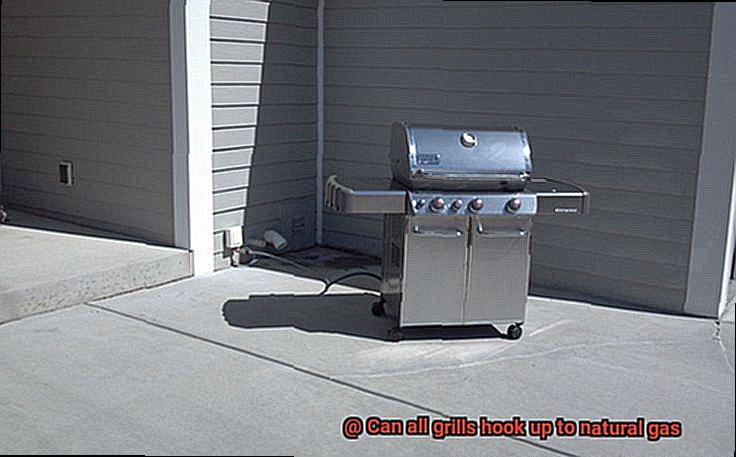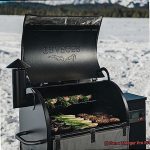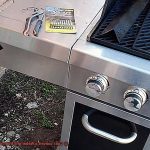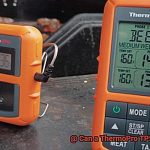Summer is just around the corner, and it’s time to start thinking about upgrading your grill for those backyard barbecues. But if you’re considering a switch from propane to natural gas, you may be wondering: Can all grills hook up to natural gas? Whether you’re an experienced grill master or a newbie looking to get into outdoor cooking, it’s important to understand the ins and outs of gas grills before making any investments.
In this blog post, we’ll dive deep into the possibilities and limitations of hooking up your grill to natural gas. We’ll explore the benefits of natural gas, including cost savings, convenience, and its environmental impact. From built-in and freestanding grills to portable models, we’ll cover all types of grills available in the market.
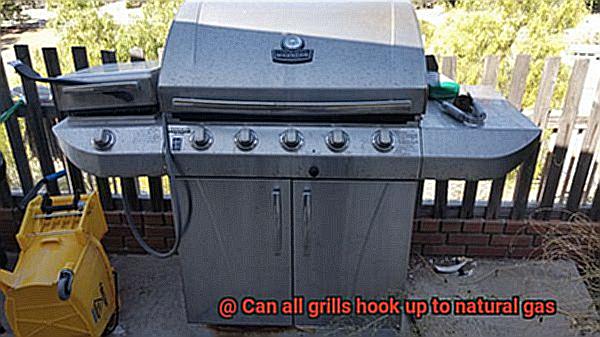
But let’s not forget that there are also potential drawbacks when it comes to natural gas grills. Limited portability and the need for a gas line installation are some challenges that you might face. Don’t worry; we’ll touch on these issues as well so that you can make an informed decision about whether natural gas grilling is right for you.
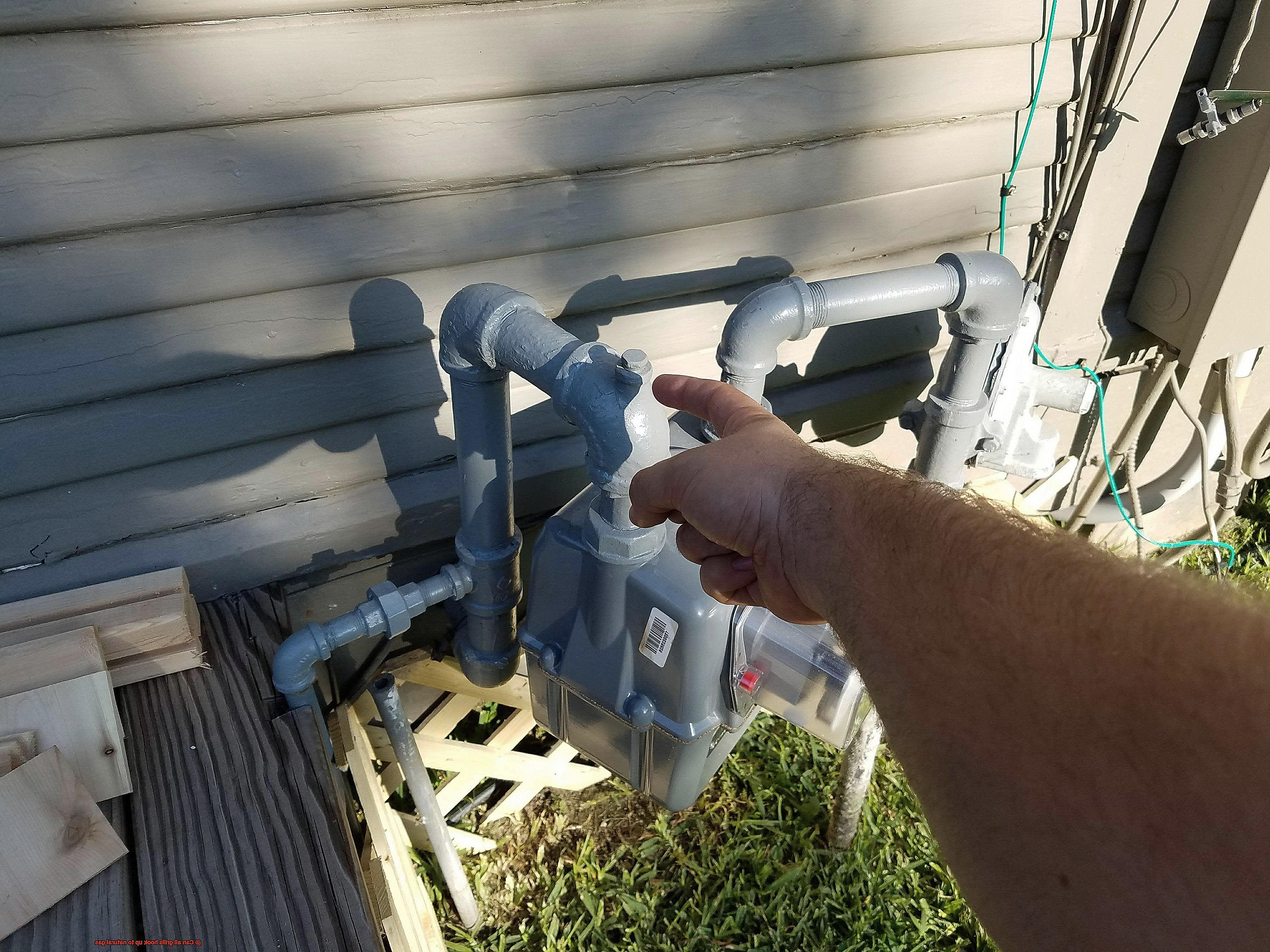
So grab your apron (or your laptop), and let’s dive into the world of natural gas grilling together.
Contents
What is Natural Gas?
Natural gas is a fossil fuel that forms deep beneath the earth’s surface and is composed mainly of methane. It is a clean-burning fuel that emits fewer pollutants than other fossil fuels, such as coal or oil. Natural gas can also contain other gases like ethane, propane, and butane.
One of the most significant advantages of natural gas is its versatility. It has become a popular choice for heating homes and buildings due to its consistency and cost-effectiveness. Furthermore, about one-third of all electricity generated in the United States comes from natural gas.
Natural gas is also a popular alternative fuel source for powering vehicles. Compressed natural gas (CNG) produces fewer emissions and can save drivers money on fuel costs.
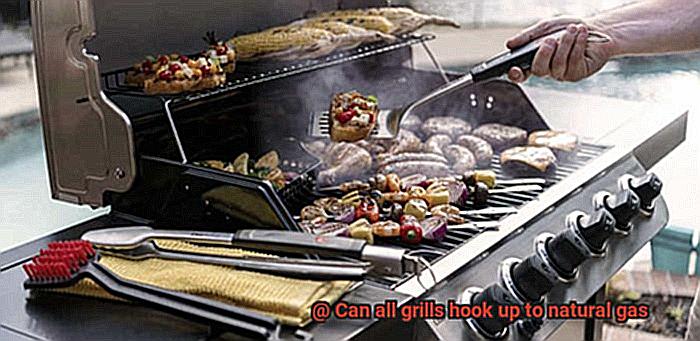
However, what many people don’t know is that natural gas can also be used for grilling. It provides a continuous heat source without the need for refilling tanks or lighting coals. Many grill enthusiasts prefer natural gas over propane or charcoal.
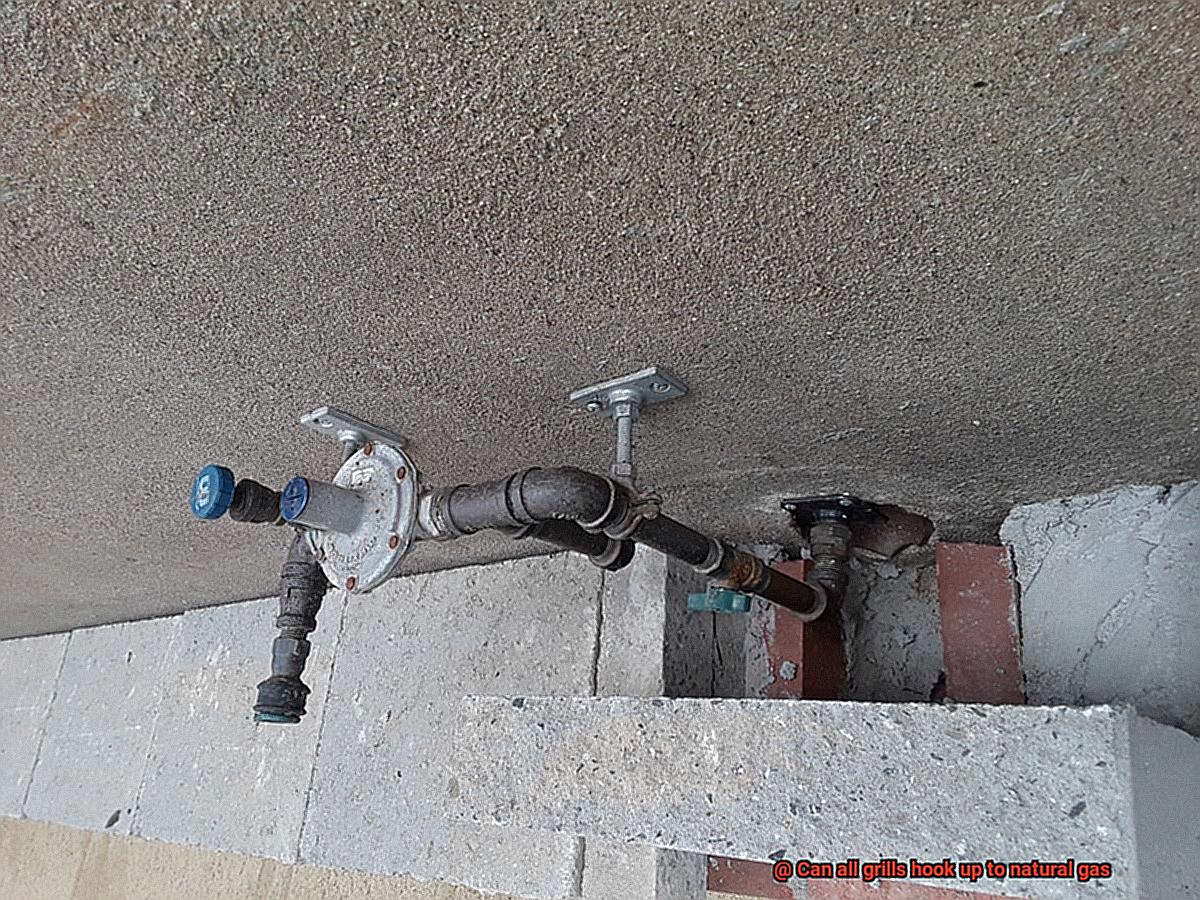
Before switching your grill to natural gas, it’s important to check with the manufacturer to ensure compatibility. Most grills are designed to run on propane, which requires a different type of connection than natural gas. Also, consider the BTU rating as natural gas typically has a lower output than propane.
Natural gas is odorless and colorless, making it difficult to detect when there is a leak. For this reason, an odorant called mercaptan is added to give it a distinct smell of rotten eggs, allowing people to detect leaks and avoid potential fire or explosion hazards.
Can All Grills Hook Up to Natural Gas?
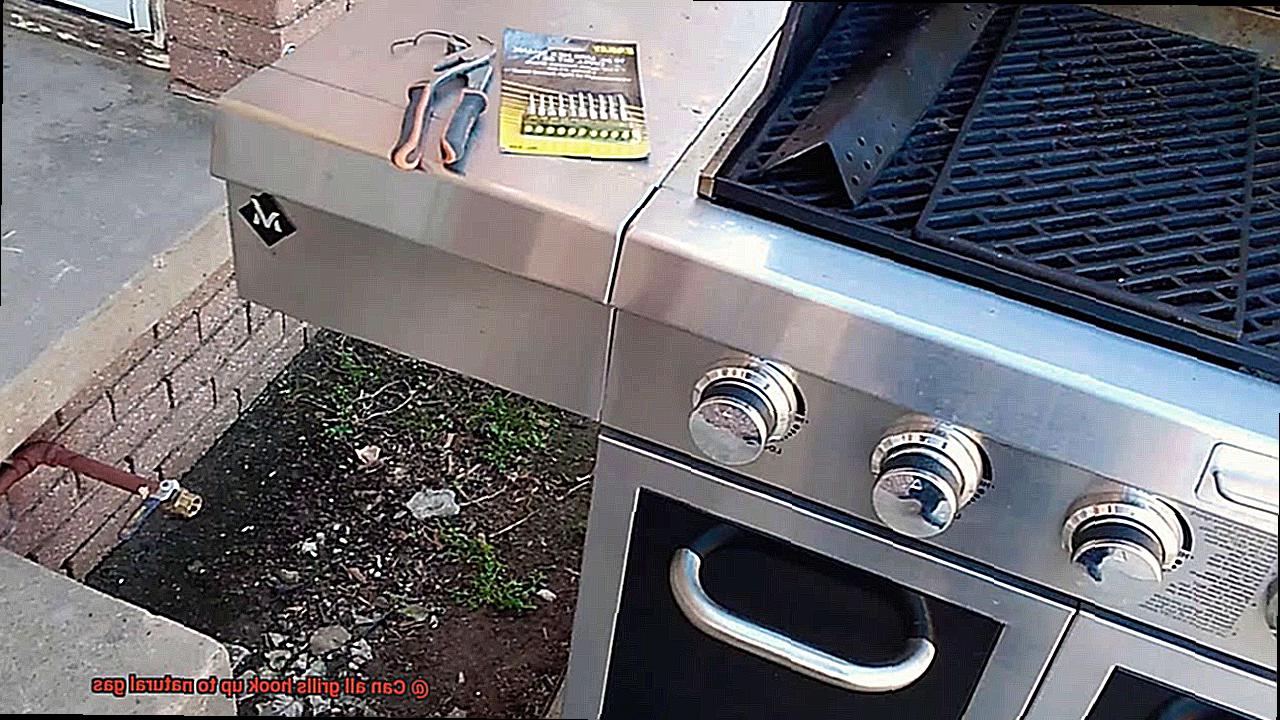
Natural gas is a more cost-effective and eco-friendly option that emits fewer pollutants, making it a popular alternative. However, not all grills are designed to be hooked up to natural gas, and it’s important to do your research before making any modifications.
The first step in determining whether your grill can be converted is to check the type of fuel it was originally designed to use. Grills that were designed for propane can typically be converted to run on natural gas. However, if your grill was designed for charcoal, it’s unlikely that it can be converted.
It’s also important to note that not all propane grills can easily be converted to natural gas. Some propane grills are specifically designed to use only propane and cannot be safely converted without significant modifications.
Before making any modifications, you should consult with the manufacturer’s instructions and guidelines. This will help ensure that the conversion process is done safely and correctly. Additionally, you may want to consider consulting with a professional who specializes in grill conversions.
Another factor to consider when converting your grill to natural gas is the lower BTU rating of natural gas compared to propane. This means that your grill may not reach as high temperatures as it would with propane. However, many people still prefer the convenience and consistent heat of natural gas for their grilling needs.
Pros and Cons of Natural Gas Grilling
When it comes to grilling, natural gas is a fuel source that has garnered a lot of attention in recent years. But is it really the best option? As an expert on the topic, I have compiled a list of pros and cons of natural gas grilling to help you make an informed decision.
Pros of Natural Gas Grilling:
- Convenience: Running out of propane or charcoal in the middle of cooking can be frustrating. With natural gas grilling, you won’t have to worry about refilling or restocking. A natural gas line hooked up to your grill means you can fire up the grill anytime without worrying about running out of fuel.
- Cost-effective: Grilling can be an expensive hobby, but natural gas is typically cheaper than propane or charcoal. Plus, since you won’t have to keep buying refills, you’ll save money in the long run.
- Cleaner Burning: If you’re environmentally conscious, natural gas is a cleaner-burning fuel than propane or charcoal, which means fewer emissions and less pollution.
- Easy to Use: Natural gas grills are easy to use and require very little maintenance. With no need for refills or replacements, you can focus on cooking up delicious meals without worrying about maintaining your grill.
Cons of Natural Gas Grilling:
- Requires a Gas Line: The biggest drawback of natural gas grilling is that you’ll need to have a natural gas line installed at your home. This can be a costly and time-consuming process if you don’t already have one.
- Limited Mobility: Since natural gas grills need to be connected to a gas line, they are not as portable as propane or charcoal grills. You won’t be able to take them with you on camping trips or picnics unless you have access to a natural gas line.
- Initial Cost: Natural gas grills can be more expensive than propane or charcoal grills, especially if you need to have a gas line installed at your home. However, the cost savings in the long run may make up for this initial expense.
- Heat Output: Natural gas grills may not get as hot as propane or charcoal grills, which could impact your cooking times and results.
Converting a Grill to Natural Gas
Perhaps you’re seeking a more convenient and cost-effective way to cook up your favorite meals outdoors. Converting your grill to natural gas could be the solution you’ve been searching for. As an expert in this field, I am excited to guide you through the process of converting your grill to natural gas.
First things first, check the manufacturer’s specifications to ensure that your grill can be converted to natural gas. While most propane grills can be converted, it is essential to use the proper conversion kit and follow the instructions carefully. The process typically involves replacing the propane regulator, burners, and orifices with ones designed for natural gas.
Next, make sure you have access to a natural gas line. If you don’t already have one installed, it’s crucial to hire a professional plumber or gas fitter to run a line from your home’s gas supply to your grill. This is not a DIY task as it requires knowledge and experience in handling gas lines.
Once you’ve confirmed that your grill can be converted and have access to a natural gas line, it’s time to begin the conversion process. Follow the instructions included with your conversion kit precisely to ensure that everything is installed correctly. You may need to remove old parts and install new ones, so make sure you have all the necessary tools on hand before starting.
It’s important to keep in mind that converting your grill to natural gas may void any existing warranties, so check with the manufacturer before making any changes. Additionally, if you live in an area prone to earthquakes, take extra precautions when installing your natural gas line and grill.
To summarize:
- Check manufacturer’s specifications and use the proper conversion kit
- Ensure access to a natural gas line by hiring a professional plumber or gas fitter
- Follow instructions carefully for successful installation
- Be aware of warranty implications and earthquake safety precautions
BTU Rating Considerations When Hooking Up to Natural Gas
Not only is it more convenient, but it’s also cost-effective. However, when making the switch, one critical factor to keep in mind is the BTU rating.
BTU stands for British Thermal Unit, and it measures the heat output of your grill. The higher the BTU rating, the more heat your grill can produce. But not all grills are created equal, and not all of them are suitable for natural gas hookups. So let’s dive into some crucial considerations when determining the appropriate BTU rating for your natural gas hookup.
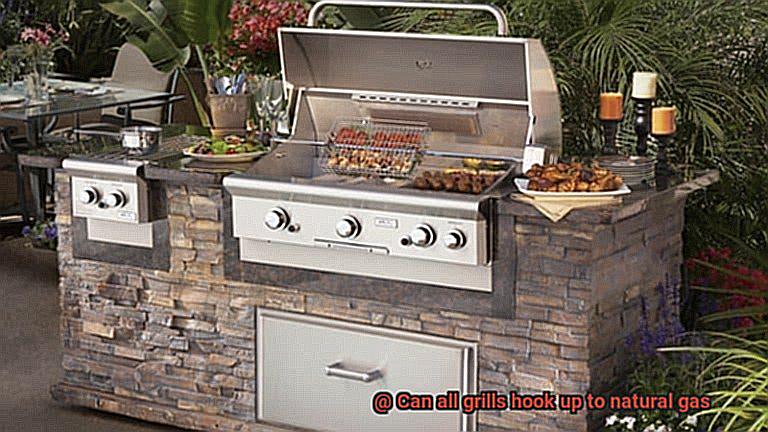
Firstly, some grills may have a lower BTU rating than necessary, leading to longer cooking times and less flavorful food when using natural gas. On the other hand, some grills may have a higher BTU rating than necessary, leading to wasted energy and even damage to your grill. Therefore, it’s essential to choose a BTU rating that’s appropriate for your grill.
Secondly, you need to consider the size of your grill. If you have a larger grill with multiple burners, it will require a higher BTU rating than a smaller grill with only one or two burners. Therefore, make sure you take into account the size of your grill when determining its appropriate BTU rating.
Thirdly, think about your cooking style. If you plan on doing high-heat cooking such as searing or using a wok, you’ll need a higher BTU rating than if you primarily cook at lower temperatures. Hence, it’s crucial to consider the types of dishes you like to cook and make sure your grill’s BTU rating can handle them.
Finally, don’t go overboard with the BTU rating. Having a high BTU rating can be beneficial for some types of cooking, but going too high can lead to wasted energy and even damage to your grill.
Safety Considerations When Hooking Up to Natural Gas
It’s a smart choice for outdoor cooking, but safety should always be your top priority. Natural gas is a highly combustible substance that can cause serious harm if not handled properly. That’s why it’s crucial to follow essential safety considerations when connecting your grill to natural gas.
First and foremost, ensure that the gas line is turned off before attempting to hook up your grill. This may seem like an obvious step, but it’s easy to forget in the excitement of setting up your new grill. Additionally, make sure that the gas line is properly installed and up to code. It’s important to have a licensed professional install your gas line to ensure that it’s done correctly and safely.
Another critical factor to consider is the location of your grill. It should be positioned in an open area with plenty of ventilation to prevent the buildup of gas fumes. Avoid placing your grill in an enclosed space or under a canopy or overhang as this can lead to dangerous levels of carbon monoxide buildup.
Inspecting your grill for leaks before each use is also essential. A simple and effective way to do this is by using a solution of soap and water and applying it to the connections and hoses. If you notice bubbles forming, this indicates a leak, and you should immediately turn off the gas supply and resolve the issue before using your grill.
Finally, always be mindful of fire hazards when using your grill. Keep flammable materials away from your grill, such as paper towels or cleaning supplies. Additionally, never leave your grill unattended while in use and always have a fire extinguisher nearby in case of emergencies.
Types of Connections for Natural Gas Grills
It’s essential to understand the different types of connections available and their advantages. Let’s explore the differences between quick disconnect and hard piping connections for natural gas grills.
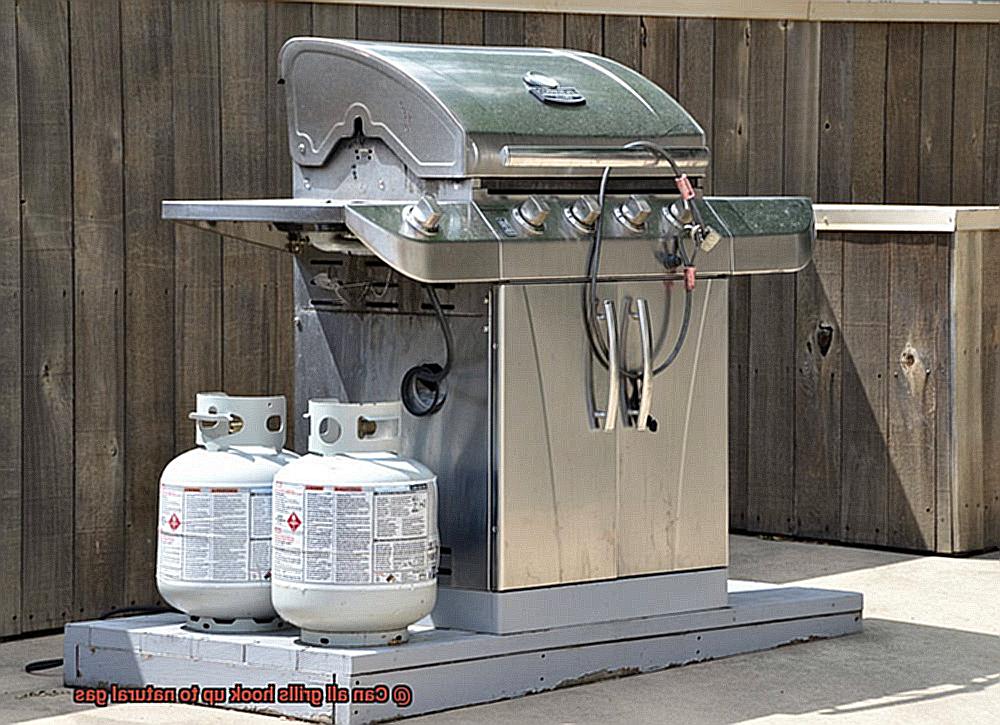
Quick disconnect connections are ideal for those who want to move their grill around or store it during the off-season. This type of connection involves a flexible hose that connects the grill to the natural gas line. The hose comes with a quick disconnect fitting that enables easy attachment and detachment of the hose. However, it’s worth noting that not all grills are compatible with this type of connection. Therefore, it’s necessary to check with the manufacturer before making any changes.
On the other hand, hard piping connections involve a rigid pipe that is permanently connected to both the natural gas line and the grill. This type of connection is commonly used for stationary or built-in grills that are not meant to be moved. Hard piping connections necessitate professional installation and should only be done by licensed plumbers or gas fitters.
It’s crucial to check with your grill’s manufacturer to determine if it can be connected to natural gas and what conversion kit may be required. Furthermore, it’s critical to have a licensed professional handle any natural gas connections for safety purposes.
Finding a Local Supplier of Natural Gas
Summer is just around the corner, and that means it’s time to dust off your trusty grill and start cooking up some delicious meals. While propane has long been the go-to choice for powering your grill, natural gas has become a popular alternative for those looking for a more environmentally-friendly and cost-effective option. But before you can start grilling with natural gas, you’ll need to find a local supplier.
Fortunately, finding a local supplier of natural gas is easier than you might think. The first step is to contact your local utility company or do an online search for natural gas suppliers in your area. However, it’s important to note that not all areas have access to natural gas, so it’s important to confirm that your home or business is eligible for natural gas hookup.
Assuming that you have access to natural gas, the next step is to hire a licensed plumber or HVAC technician to install a natural gas line connection from your home or business to your grill. This is a job that should only be done by a professional, as improper installation can lead to dangerous gas leaks or damage to your grill. Be sure to choose a reputable and experienced technician for the job by asking for references and checking their credentials.
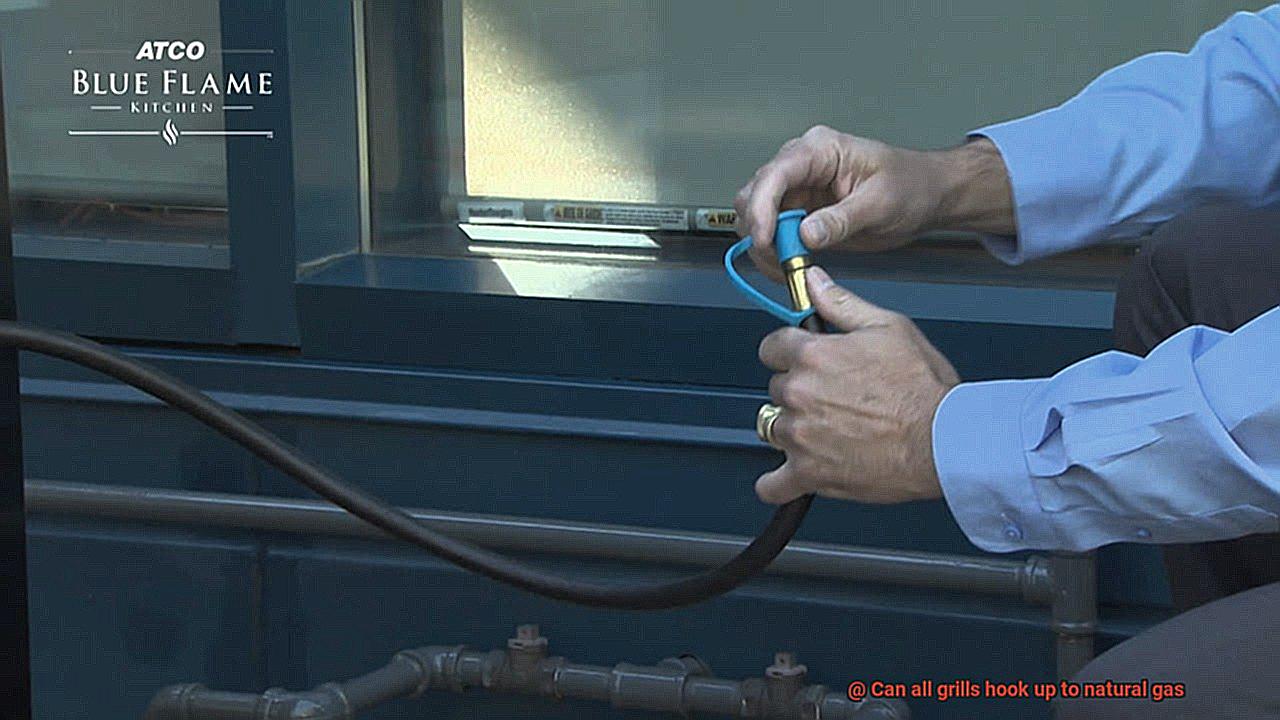
Once the installation is complete, you’ll need to purchase a conversion kit specifically designed for your grill model. This kit will allow you to convert your grill from propane to natural gas use. It’s important to follow the manufacturer’s instructions carefully when installing the conversion kit, and if needed, to have a professional technician assist with the process.
In summary, if you’re looking to switch from propane to natural gas for your grilling needs, finding a local supplier and working with a licensed technician can make the process safe and efficient. Here’s a quick checklist of what you need to do:
- Confirm eligibility for natural gas hookup in your area
- Hire a licensed plumber or HVAC technician for installation
- Purchase a conversion kit for your grill model
- Follow manufacturer’s instructions carefully
ZZ6ONK5rSTs” >
Conclusion
In conclusion, making the switch from propane to natural gas for your grill can offer a multitude of benefits. Not only is it a more cost-effective and environmentally-friendly option, but it also provides an excellent grilling experience. However, before you start hooking up your grill to natural gas, it’s crucial to understand the possibilities and limitations.
It’s important to note that not all grills are designed to run on natural gas. So before making any changes, check with the manufacturer or consult with a professional. Converting your grill may require the installation of a natural gas line hookup at your home by a licensed plumber or gas fitter.
When selecting an appropriate grill model, keep in mind that natural gas has a lower BTU rating compared to propane. While there are potential drawbacks such as limited portability and initial costs of installation, the benefits of convenience, cost savings, and cleaner burning make natural gas grilling an attractive option for many outdoor cooking enthusiasts.
Safety considerations are paramount when using natural gas for grilling. Proper installation by licensed professionals and regular inspection for leaks are essential. Understanding the different types of connections available such as quick disconnects or hard piping is also crucial in ensuring safe operation.
Lastly, finding a local supplier of natural gas and purchasing a conversion kit designed specifically for your grill model can make the process efficient and effective.

